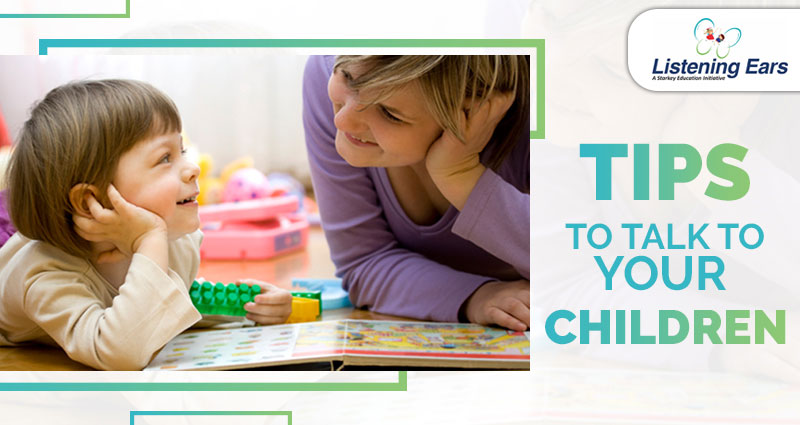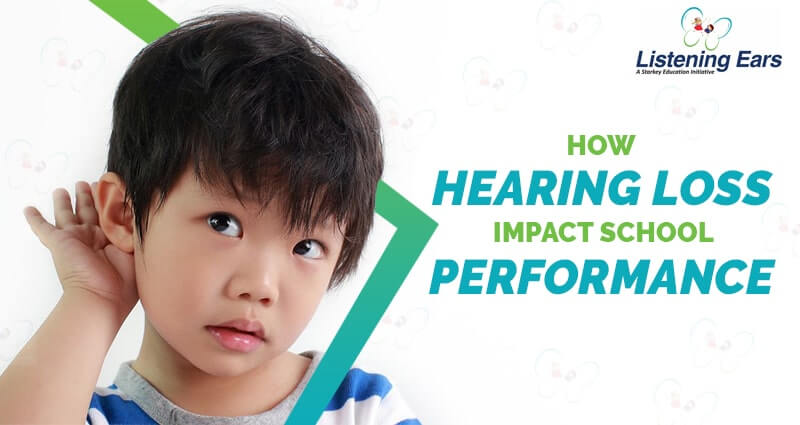Child and Family Factors Associated With Deaf Children’s Success in Auditory–Verbal Therapy
Importance of Songs and Rhymes in the Early Years
November 8, 2016Is Early Intervention Effective in Improving Spoken Language Outcomes of Children With Congenital Hearing Loss?
November 11, 2016Objectives: To identify the general demographics of children who had Auditory–Verbal therapy and to identify child and family factors associated with differences between those children for whom Auditory–Verbal therapy led to success and those for whom it did not.
Setting: Private tertiary care facility.
Population: Children who had hearing losses ranging from mild to profound.
Intervention: Auditory–Verbal therapy, a therapeutic intervention designed to teach parents to educate their young deaf and hearing-impaired children to use residual hearing and to speak, was used.
Main Outcome Measures: Clinic files, parent questionnaires, and parent report of current success were used to determine efficacy of treatment.
Results: Fifty-seven percent of the clients who remained in this program for over 1 year were fully integrated into regular education, with no services from a teacher of the deaf. The population was affluent, with more females than expected. Those who left dissatisfied tended to be males with greater degrees of hearing loss who left the program soon after 1 year.
Conclusions: Auditory–Verbal therapy provides successful intervention to students with a particular set of demographic characteristics.
Ref:http://journals.lww.com/otology-neurotology/Abstract/2000/05000/Child_and_Family_Factors_Associated_With_Deaf.8.aspx



